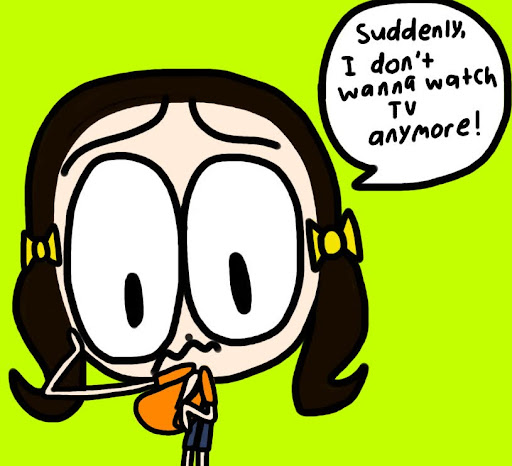You might hear it on the news, from your own research, or from a friend or family member — another reboot is on its way. There is no hiding Hollywood’s affinity for the reboot, and in all the fervor of assumptions and opinions, one notion seems to persist: reboots are just bad.
And there’s certainly truth in that statement. So often it appears that most reboots are irrelevant for a variety of reasons. The target audience can be unclear, its execution can remain too unchanged, or, conversely, reboots might become so critical of the original work that it comes off as harsh. All these components can amount to an unentertaining work, one that comes off as insincere or with a sense of superiority on the part of the creators.
Lauren Rosewarne, a senior lecturer at the University of Melbourne and author of Why We Remake: The Politics, Economics, and Emotions of Film and TV Remakes, highlights a common trope of just aging up characters without actually exploring how they’ve changed. She states that “it doesn’t feel like a creative experience; it feels like a cash grab and audiences are very savvy to that.” Rarely do reboots truly appeal to people.
It’s rare, but not impossible. An article by The New York Times writer Elizabeth Nelson titled, “The Trouble With Reboot TV” acknowledges that reboots “face a clear creative bind” as they cannot be too similar to the original, nor can they implement so much change that any sense of familiarity is lost. It’s a difficult balance to strike; but part of the problem is a disproportionately heavier public criticism of reboots and television as a whole.
Lauren Rosewarne develops her critique of reboots, with the caution not to generalize them as symbols of lost creativity, citing in Why We Remake a prevalent bias of both viewers and producers alike — idealization of the past. The bias caters to the comfort we get from familiarity, pushing a sometimes unconscious desire for nostalgia, while simultaneously negating new and unfamiliar experiences. She explains that “there tends to be this heavy idealization of this era . . . where everything was new and amazing and that has just never, ever been the case . . . . When something is a massive success, we often forget it has some sort of link to something in that past.” Put simply, it’s easy to love and accept what you already know versus what you don’t.
This bias is coupled with the long-standing perception of television as being “low-brow” or unintellectual, and mainly commercial rather than artistic. This leaves the medium particularly vulnerable to contempt as opposed to other mediums like music and literature, which, while not exempt, tend to avoid the brunt of it. Consider the many renditions of books and songs that might not receive as much negative attention or be heralded as classics more often than TV shows. There’s a noticeably higher threshold.
So, with all these factors working against the making of good reboots and new art, how is it that a creator can rise to the occasion? Part of it starts with ourselves, the consumers. While it is certainly valid to point out the very real flaws in recreating past work, generalizing every new creative advent as “bad” dismisses the potential for work we unexpectedly end up adoring. It is crucial that we give artists and their art a chance. Otherwise, we run the risk of remaining stagnant in our creativity as a society. Challenge yourself to push through preconceived notions and you’ll discover great things.








































